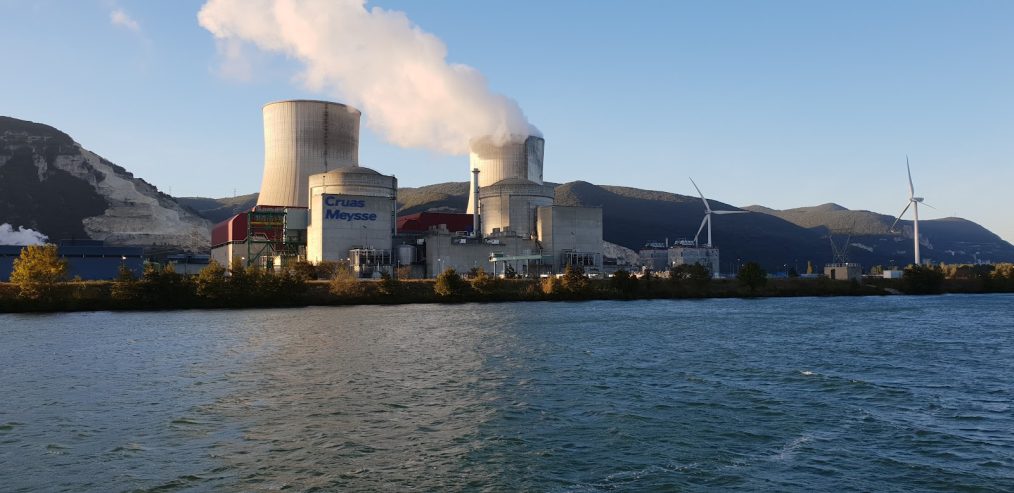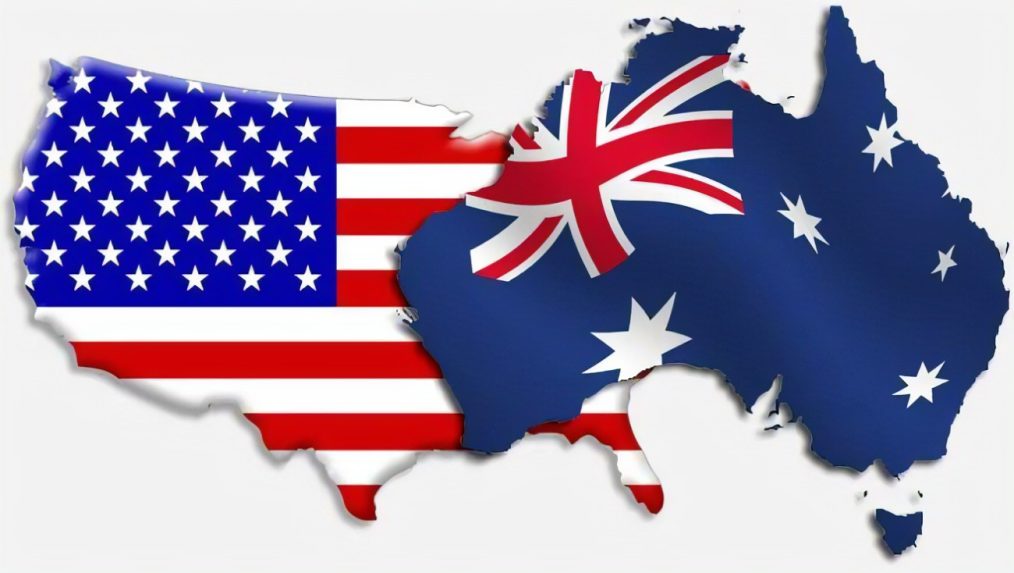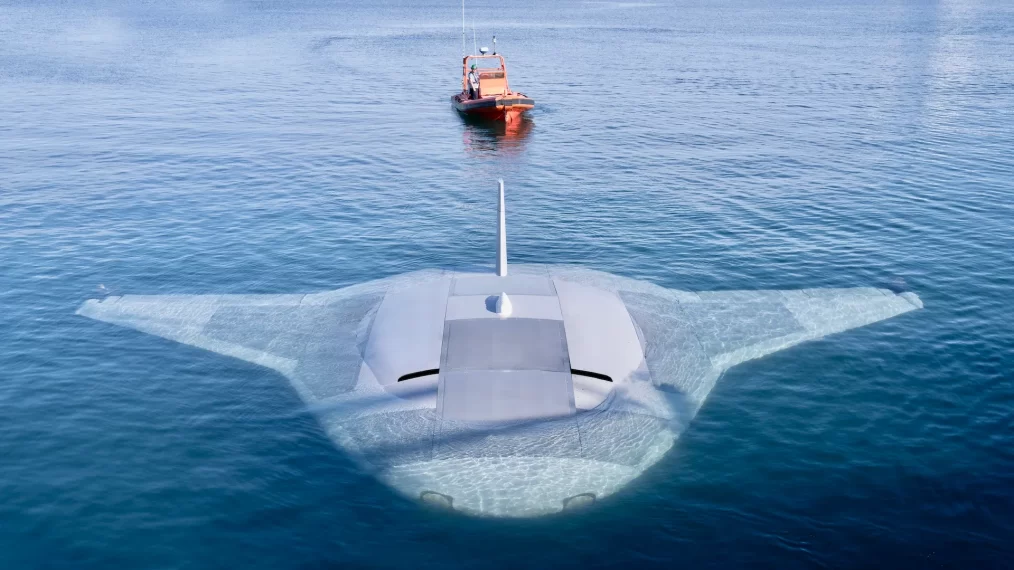Copied from 1RAR Facebook
The Champion Shots Medal was established on the 13th September 1988 to build on an extended history of rewarding skill in military marksmanship. Since pre Federation, informal and formal shooting awards were given across military units for local and international competitions. The creation of the Champion Shot Medal sought to standardise the recognition of these awards, bringing together the legacy of marksmanship excellence under one prestigious medal.
The Governor-General makes the awards on the recommendation of the Chief of the Defence Force or the Chief’s delegate. No more than three medals can be awarded in each calendar year. If the same person receives a further Champion Shots award it is in the form of a date bar, which is attached to the ribbon of the original award.
The medal may be awarded to only 1 person from each of the service branches after competing in the Australian Army Skill At Arms Meeting (ASSAM).
ASSAM:
The Australian Army Skill at Arms Meeting (AASAM) is a combat focused skill at arms competition that encompasses current in-service small arms systems, competed at individual and unit levels. The competition is designed to allow for the assessment of current in-service small arms system capabilities, equipment and targetry, and training analysis of combat shooting techniques, weapon training doctrine, and small arms practices. AASAM identifies the best combat marksmen for selection in the Australian Army Combat Shooting Team (AACST), to represent the Australian Army at overseas international skill at arms competitions. The Champion Shot of the Army, Navy and Airforce is also contested.
AASAM consists of four major components:
– An Open Sniper Competition, where Army and International sniper pairs compete against each other,
– The Champion Shot of the Army, Navy and Air Force, where Top marksmen compete to be recognised as the top shot,
– Individual and Team events, where up to 14 teams from Forces Command, and unit teams across the Army, Navy and Air Force compete against each other,
– The international competition where up to 20 International Teams compete.
A number of 1 RAR soldiers have competed and won the champion shot medal, along with the 1 RAR team often dominating the shooting competition.

















